
Airai: The Heartbeat of Palau
Nestled in the lush landscapes of Palau, Airai is a hidden gem that offers a unique blend of natural beauty and cultural heritage. As the second most populous state in the country, Airai is best known for its traditional Bai, or men's meeting house, which stands as a symbol of Palauan culture and craftsmanship. This ancient structure, adorned with intricate carvings and paintings, provides a glimpse into the rich history and traditions of the local people. The natural environment in Airai is equally captivating. The state is home to some of Palau's most stunning waterfalls, dense forests, and serene beaches. Visitors can explore the Ngardmau Waterfall, the tallest waterfall in Palau, or take a leisurely walk through the lush tropical forests that are teeming with wildlife. For those interested in marine life, Airai's proximity to the Rock Islands and Jellyfish Lake makes it an ideal base for snorkeling and diving excursions. Airai is also conveniently located near Palau's international airport, making it a perfect starting point for your Palauan adventure. Despite its modern amenities, the state has managed to preserve its traditional way of life, offering visitors a rare opportunity to experience the authentic Palauan culture. Whether you're an adventure seeker, a history buff, or simply looking to relax in a beautiful setting, Airai has something to offer everyone.
Local tips in Airai
- Visit the traditional Bai to learn about Palauan culture and history.
- Explore the Ngardmau Waterfall, the tallest in Palau, for a refreshing experience.
- Take advantage of Airai’s proximity to the Rock Islands for snorkeling and diving.
- Plan your visit around local festivals to experience traditional Palauan celebrations.
- Check the weather before planning outdoor activities, as Palau can experience heavy rainfall.
Airai: The Heartbeat of Palau
Nestled in the lush landscapes of Palau, Airai is a hidden gem that offers a unique blend of natural beauty and cultural heritage. As the second most populous state in the country, Airai is best known for its traditional Bai, or men's meeting house, which stands as a symbol of Palauan culture and craftsmanship. This ancient structure, adorned with intricate carvings and paintings, provides a glimpse into the rich history and traditions of the local people. The natural environment in Airai is equally captivating. The state is home to some of Palau's most stunning waterfalls, dense forests, and serene beaches. Visitors can explore the Ngardmau Waterfall, the tallest waterfall in Palau, or take a leisurely walk through the lush tropical forests that are teeming with wildlife. For those interested in marine life, Airai's proximity to the Rock Islands and Jellyfish Lake makes it an ideal base for snorkeling and diving excursions. Airai is also conveniently located near Palau's international airport, making it a perfect starting point for your Palauan adventure. Despite its modern amenities, the state has managed to preserve its traditional way of life, offering visitors a rare opportunity to experience the authentic Palauan culture. Whether you're an adventure seeker, a history buff, or simply looking to relax in a beautiful setting, Airai has something to offer everyone.
When is the best time to go to Airai?
Iconic landmarks you can’t miss
Belau National Museum
Explore the Belau National Museum for an immersive journey through the rich cultural and historical heritage of Palau, a gem in the heart of the Pacific.
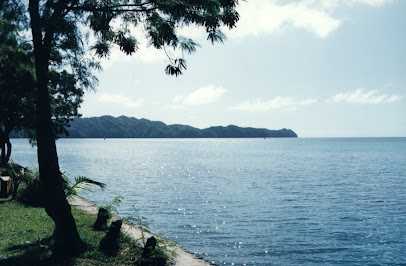
Ngardmau Waterfalls
Explore the enchanting Ngardmau Waterfalls in Palau, where stunning landscapes and serene nature create the perfect escape for travelers.
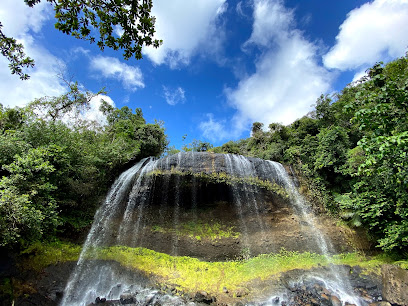
Japan-Palau Friendship Bridge
Discover the breathtaking Japan-Palau Friendship Bridge, an iconic landmark uniting cultures with stunning views and rich history in beautiful Palau.
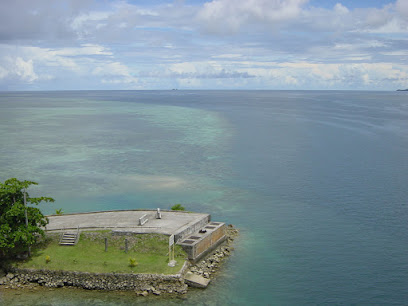
Dolphins Pacific
Explore the enchanting underwater world at Dolphins Pacific, where marine conservation meets unforgettable dolphin experiences in Koror, Palau.
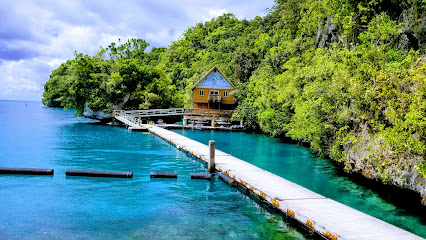
Palau Aquarium
Explore the vibrant marine life of the Pacific at Palau Aquarium, a captivating destination for families and nature lovers in Koror.
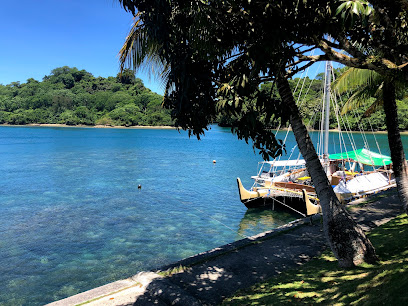
Badrulchau Stone Monoliths
Explore the Badrulchau Stone Monoliths in Ngarchelong, Palau—an awe-inspiring site of ancient history and stunning natural beauty.
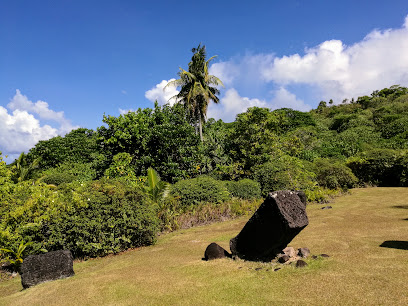
Palau National Capital
Explore Ngerulmud, Palau’s capital, where modern governance meets stunning tropical landscapes and rich cultural heritage.
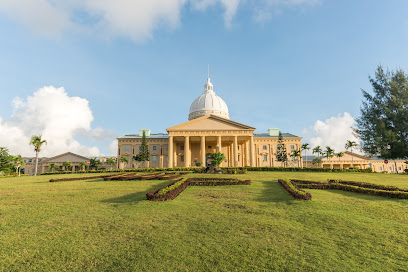
World War II Japanese Communications Center
Discover the World War II Japanese Communications Center, a historical landmark in Airai, Palau, revealing the island's military past and cultural heritage.
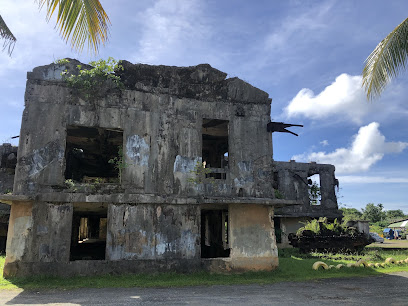
Airai Bai
Explore Airai Bai, a stunning tourist attraction in Palau, where natural beauty, vibrant marine life, and serene landscapes await you.
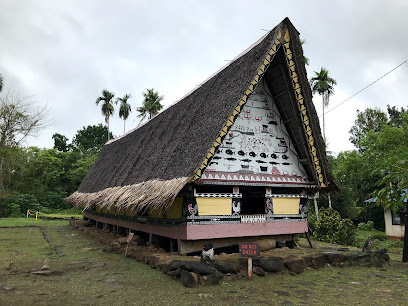
Palau Visitors Authority
Explore the wonders of Palau with expert guidance at the Palau Visitors Authority - your gateway to adventure and local culture.
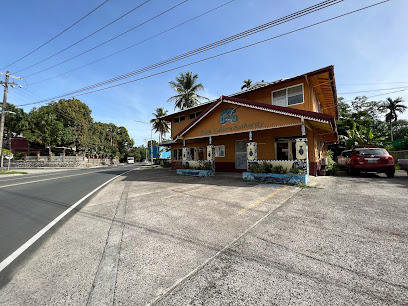
Chandelier Cave
Discover the enchanting beauty of Chandelier Cave in Palau, where stunning limestone formations and vibrant marine life await your exploration.
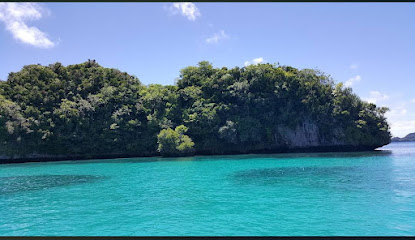
Ngelil Nature Island Reort
Discover the serene beauty of Ngelil Nature Island Resort in Palau, where luxury meets nature for the perfect getaway.

Ucheliungs
Discover Ucheliungs, a breathtaking tourist attraction in Koror, Palau, where nature's beauty unfolds in stunning landscapes and rich biodiversity.
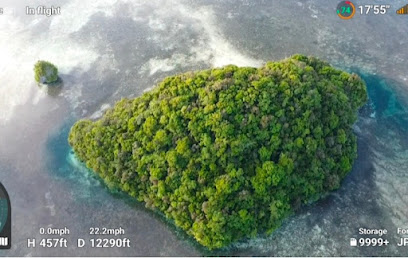
Koror lighthouse
Discover the serene beauty and historical significance of Koror Lighthouse, a must-visit destination in Airai, Palau, surrounded by stunning ocean views.
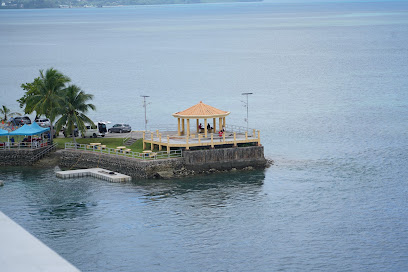
Airai State Government
Explore the Airai State Government office, where culture meets governance in the heart of Palau's natural beauty.
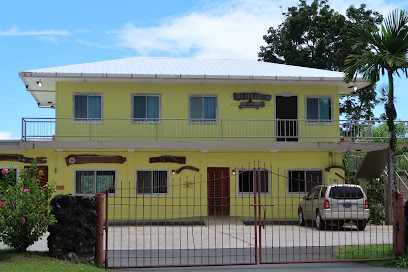
Unmissable attractions to see
Milky Way
Experience the stunning beauty of Milky Way in Koror, Palau, where crystal-clear waters meet vibrant marine life in a tropical paradise.
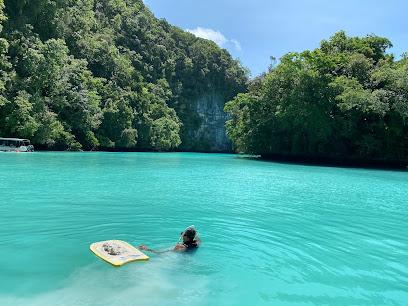
Belau National Museum
Explore the cultural and natural wonders of Palau at Belau National Museum, a treasure trove of history and heritage.
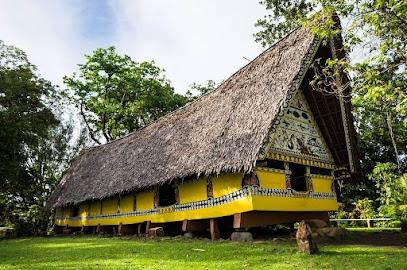
Jellyfish Lake
Experience the magical beauty of Jellyfish Lake in Koror, Palau, where you can swim with millions of gentle jellyfish in a breathtaking tropical paradise.
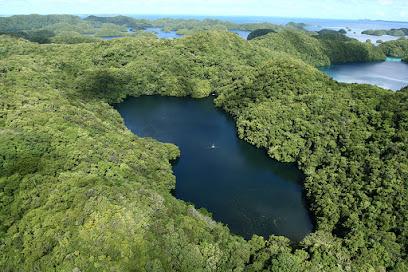
Island Paradise Resort Club
Experience the tranquil charm of Island Paradise Resort Club in Koror, Palau, where luxury meets the breathtaking beauty of nature.
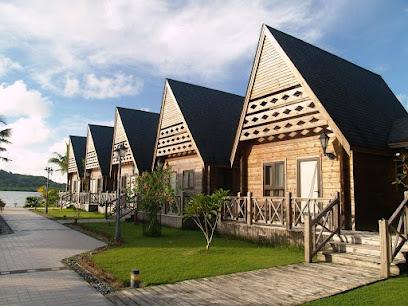
German Channel
Discover the breathtaking beauty and rich history of the German Channel in Palau, a must-visit destination for every traveler seeking underwater adventure.
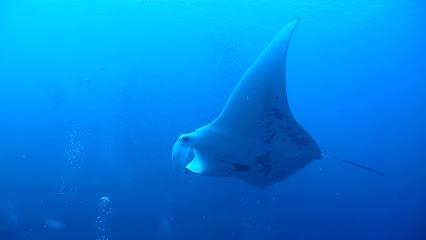
Etpison Museum
Explore the vibrant culture and history of Palau at the Etpison Museum, a must-visit tourist attraction in Koror.
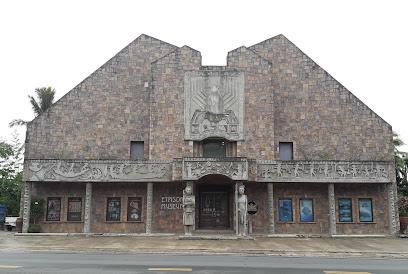
Ngermeaus Island Park
Explore the untouched beauty of Ngermeaus Island Park in Palau, a paradise for nature lovers and adventure seekers alike.
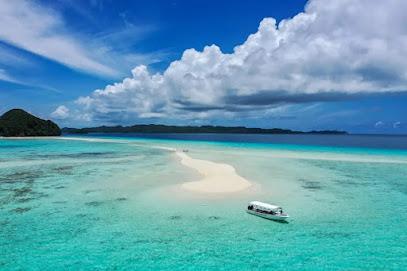
Neco Marine Palau
Explore the underwater wonders of Palau with Neco Marine, your ultimate destination for diving, snorkeling, and unforgettable boat tours.
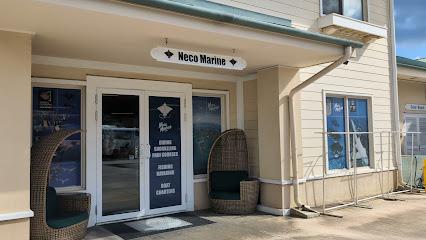
Ngardmau Waterfalls Ticket, Parking Lot
Experience the breathtaking beauty of Ngardmau Waterfalls, Palau's majestic natural wonder surrounded by lush rainforest and serene landscapes.
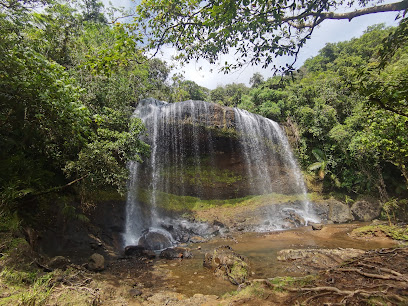
Ngardok Nature Reserve
Discover the breathtaking biodiversity and scenic trails of Ngardok Nature Reserve in Palau, a must-visit for nature lovers and adventurers.
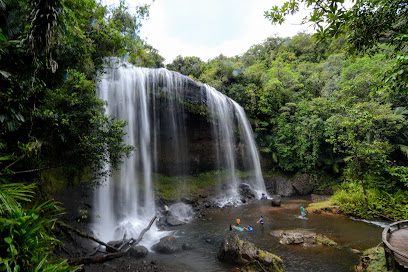
The Rock Islands
Explore the breathtaking beauty of Palau's Rock Islands, a UNESCO World Heritage site filled with stunning landscapes and rich marine life.
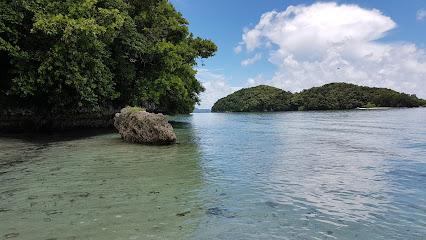
Korean World War II War Memorial
Discover the Korean World War II War Memorial in Melekeok, Palau, a peaceful tribute to courage, sacrifice, and the quest for peace.
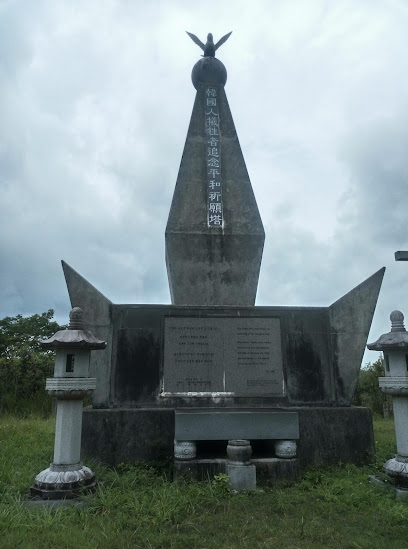
Beach Pavilion
Unwind at Beach Pavilion, a hidden gem in Palau offering pristine sands, crystal-clear waters, and unforgettable adventures for every traveler.
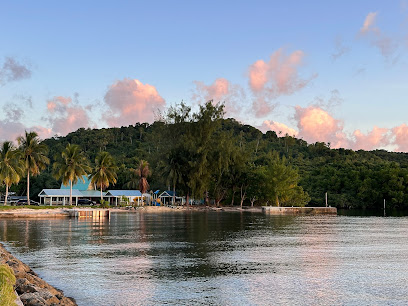
Ngermeskang Bird Sanctuary
Explore the serene Ngermeskang Bird Sanctuary, a haven for birdwatchers and nature lovers in the lush landscapes of Ngaremlengui, Palau.
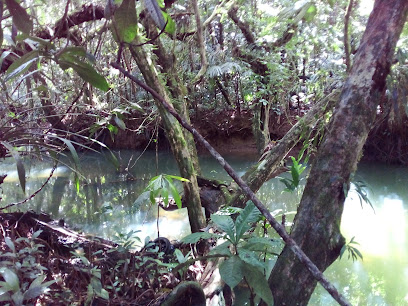
蜜月灣
Explore the breathtaking beauty of Palau's islands, renowned for stunning coral reefs, rich culture, and unforgettable aquatic adventures.
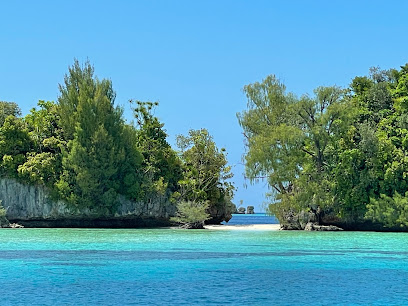
Essential places to dine
Drop Off Bar and Grill
Experience the vibrant flavors of Palau at Drop Off Bar and Grill – where every meal is a celebration of local culture.
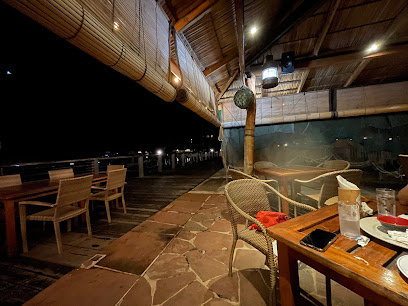
Palasia Hotel Palau
Discover unparalleled luxury at Palasia Hotel Palau – your gateway to tropical paradise with exquisite dining, relaxing spa treatments, and vibrant nightlife.
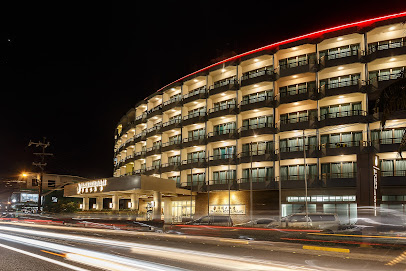
The Taj
Experience authentic Indian cuisine at The Taj in Koror, Palau - where tradition meets flavor in every dish.
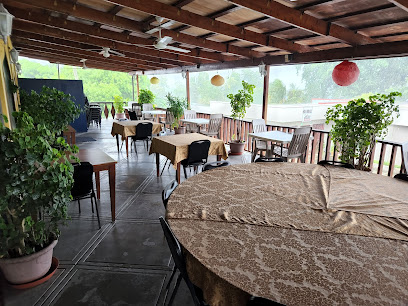
Elilai Seaside Dining
Experience exquisite fine dining at Elilai Seaside Dining in Koror, Palau, where local flavors meet breathtaking ocean views.
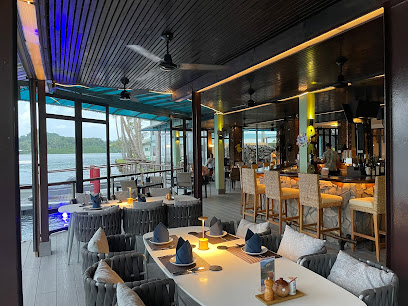
Tori Tori
Experience authentic Japanese cuisine at Tori Tori in Koror—savor exquisite sushi and ramen in a vibrant atmosphere.
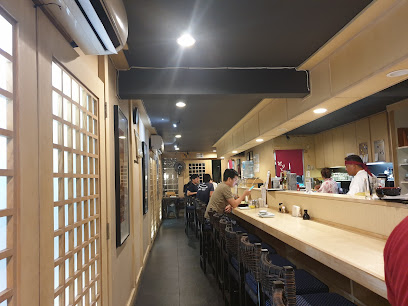
The Canoe House
Experience the flavors of Palau at The Canoe House - where delicious cuisine meets vibrant entertainment in the heart of Koror.
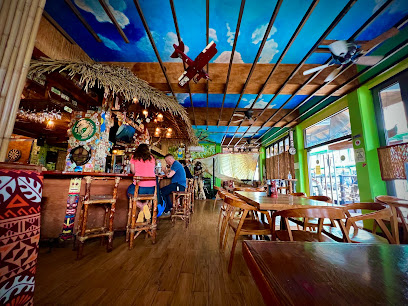
Rock Island Cafe
Discover Rock Island Cafe in Koror - where delicious local cuisine meets stunning island views for an unforgettable dining experience.
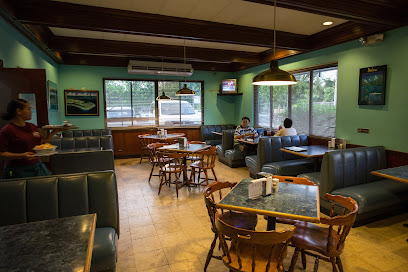
Coffee Berry
Discover authentic Palauan cuisine at Coffee Berry, where every dish tells a story and every sip celebrates local flavors.
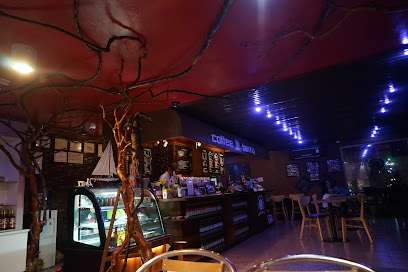
Palm Bay Bistro
Experience exceptional Pan Asian cuisine at Palm Bay Bistro in Malakal, where culinary delights meet breathtaking views.
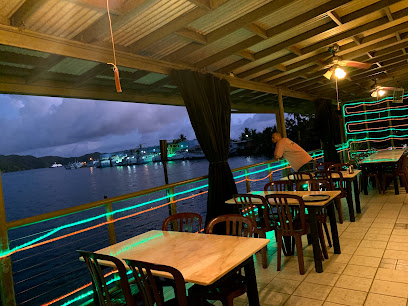
Suriyothai
Discover authentic Thai cuisine at Suriyothai in Koror - a culinary journey through vibrant flavors amidst Palau's stunning scenery.
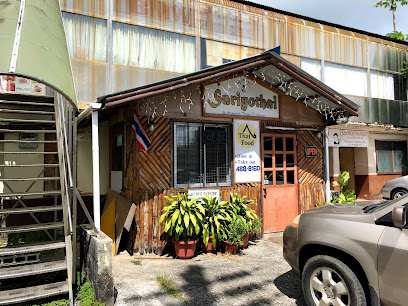
Carp Restaurant
Discover authentic Palauan flavors at Carp Restaurant in Koror - a delightful dining experience awaits you.
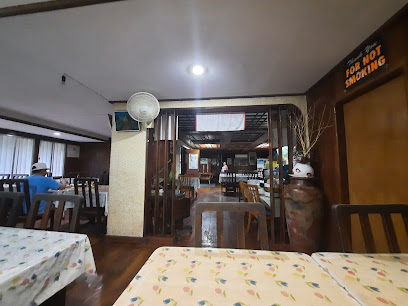
7 Eat Restaurant
Savor authentic Palauan cuisine at 7 Eat Restaurant in Koror, where local flavors meet international favorites for an unforgettable dining experience.
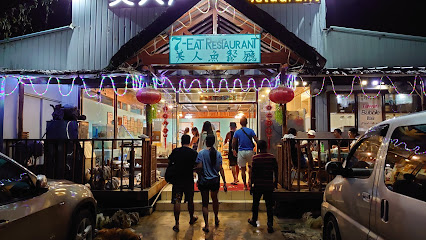
Palau Umi Korean and Japanese Cuisine
Discover authentic Korean and Japanese cuisine at Palau Umi in Koror—where every meal is a delightful culinary adventure.
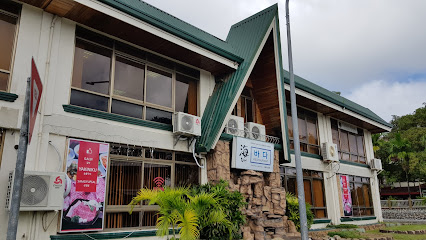
Okemii Deli & Internet Cafe
Enjoy local flavors and stay connected at Okemii Deli & Internet Cafe in Koror – your go-to spot for delicious meals and Wi-Fi.
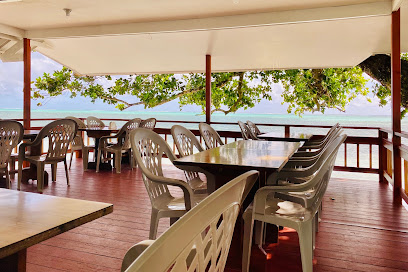
Red Rooster Cafe
Experience culinary bliss at Red Rooster Cafe in Koror, Palau - where local flavors meet delightful dining.
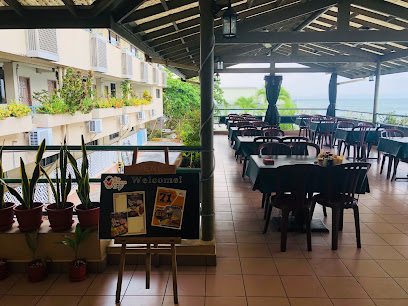
Markets, malls and hidden boutiques
L'Amarena Gelato Shop (Gelateria Italiana)
Experience authentic Italian gelato and delightful desserts at L'Amarena Gelato Shop in Airai, Palau, where every scoop is a taste of paradise.
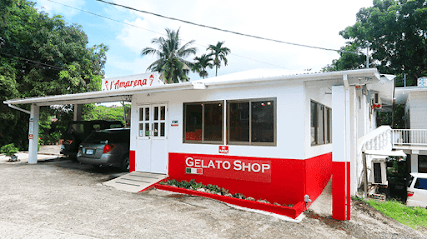
Surangel's Surpercenter Airai
Discover the vibrant shopping experience at Surangel's Supercenter in Airai, Palau, offering local crafts, groceries, and more.
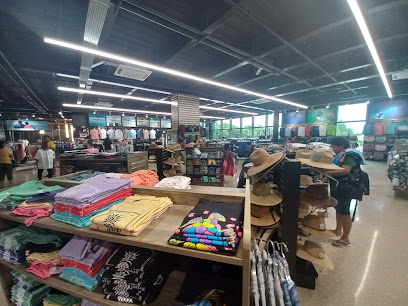
Rur Gift Shop & Cafe
Explore Rur Gift Shop & Cafe in Koror for unique souvenirs and authentic Palauan flavors in a charming setting.
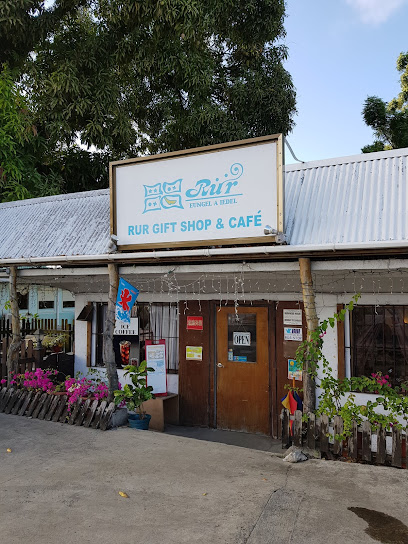
Ben Franklin Department Store
Discover the vibrant shopping experience at Ben Franklin Department Store in Koror, where local culture meets international flair.
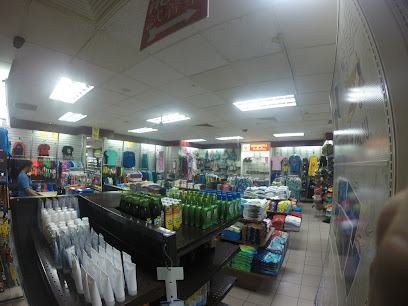
EXILE
Discover the essence of Palauan culture through fashion at EXILE, a unique clothing store in Koror, where style meets tradition.
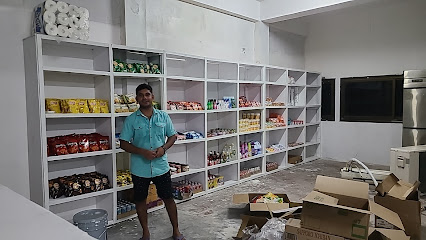
Wilson's Store
Discover the local flavors and essentials at Wilson's Store, a grocery gem in Ngermid, Koror, Palau, perfect for tourists and locals alike.
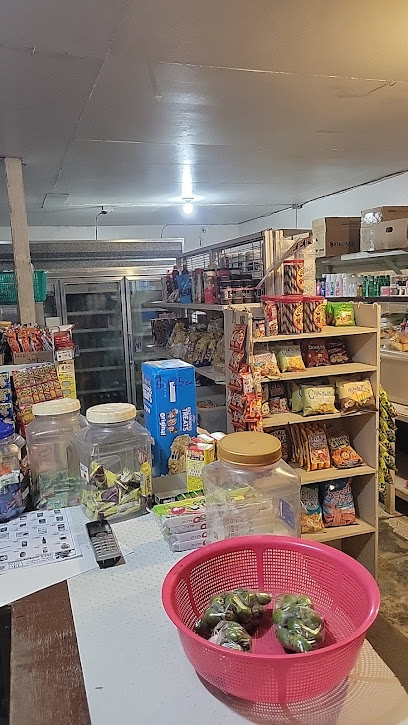
Lius Gift Shop
Discover unique souvenirs and local delights at Lius Gift Shop in Koror, your gateway to Palau's vibrant culture and creativity.
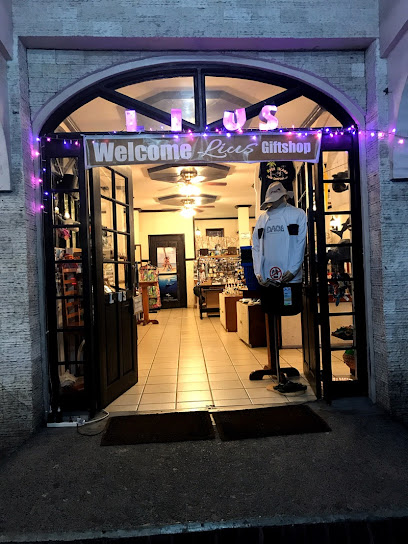
Palau Central Trading Co.
Explore Palau Central Trading Co. for unique gifts, local art, and gourmet foods capturing the spirit of Palauan culture.
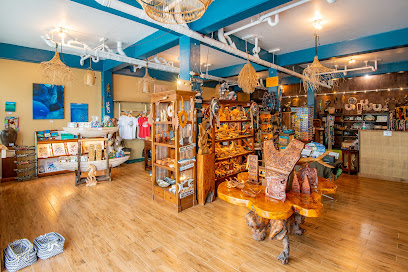
Kwik Mart
Discover local flavors and convenience at Kwik Mart in Koror, Palau's go-to grocery store for tourists and residents alike.
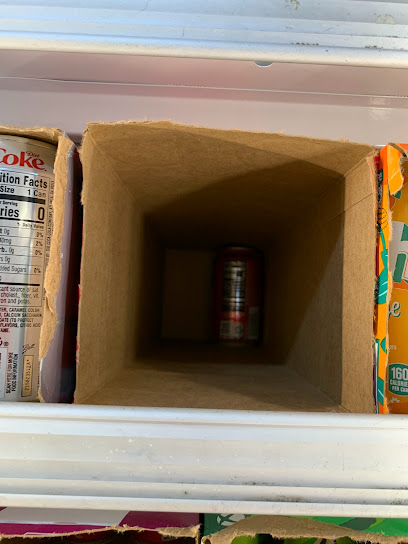
Community Store-2(CS-2)
Explore the vibrant flavors and local culture at Community Store-2 (CS-2) in Airai, Palau, your go-to destination for groceries and local treats.

Jello's Fashion II
Explore the vibrant Jello's Fashion II in Koror, your go-to convenience store for food, drinks, and clothing at great prices.
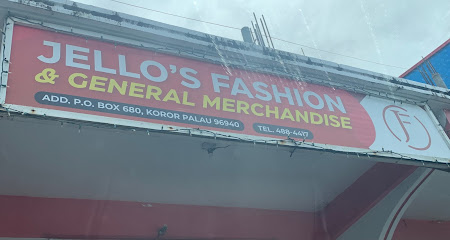
Capital Seaside Store
Discover unique local treasures and everyday essentials at Capital Seaside Store in Melekeok, Palau, surrounded by stunning ocean views.
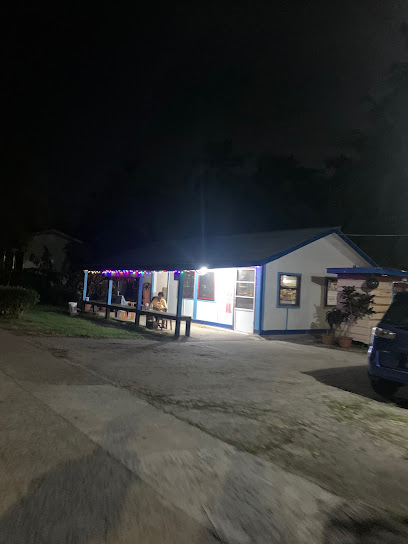
Palau Fish Market
Explore the Palau Fish Market for fresh seafood and a taste of local culture in the heart of Koror.
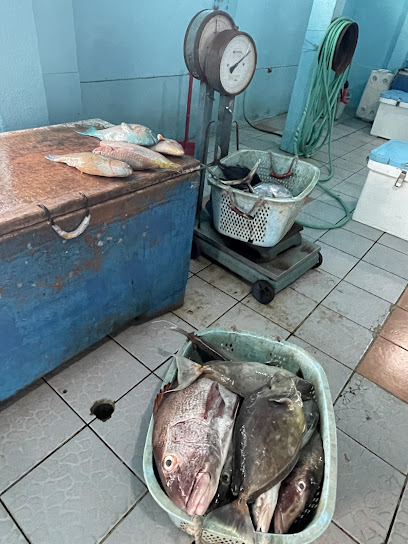
Dody’s Market
Explore Dody's Market in Koror, Palau, for unique handicrafts and authentic souvenirs reflecting the rich local culture and artistry.
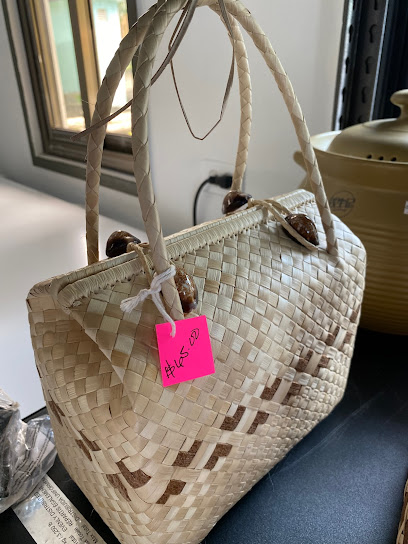
JMC One Stop Shop
Explore unique clothing and accessories that embody the spirit of Palau at JMC One Stop Shop in Koror.

Essential bars & hidden hideouts
Drop Off Bar and Grill
Discover the flavors of Palau at Drop Off Bar and Grill, a vibrant seaside restaurant in Koror offering fresh seafood and stunning ocean views.
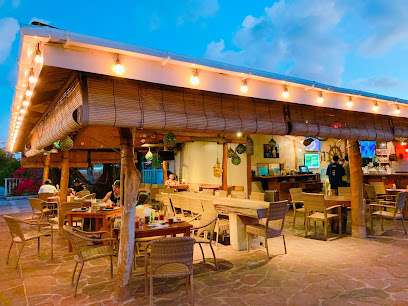
Elilai Seaside Dining
Experience exquisite fine dining with stunning ocean views at Elilai Seaside Dining in Koror, Palau, where fresh seafood meets culinary excellence.
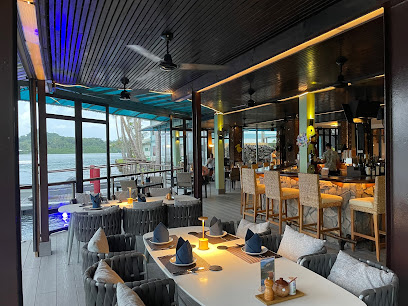
L'Amarena Gelato Shop (Gelateria Italiana)
Discover the enchanting flavors of Italy at L'Amarena Gelato Shop in Palau, where every scoop is a taste of paradise.
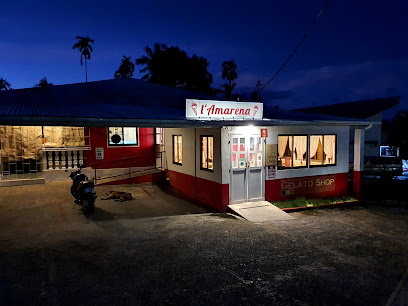
The Canoe House
Experience the vibrant culinary scene of Palau at The Canoe House, where delicious food meets live music and unforgettable moments.
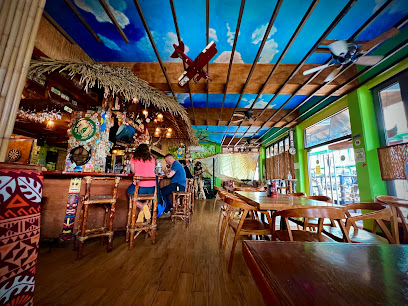
Red Rooster Cafe
Experience the flavors of Palau at Red Rooster Cafe, a beloved restaurant in Koror offering delicious local cuisine and a friendly atmosphere.
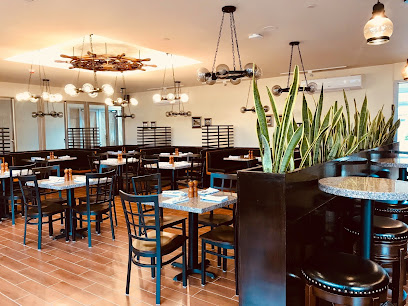
Krämer’s Bar and Restaurant
Discover exquisite dining in Koror, Palau with Krämer’s Bar and Restaurant, where local flavors meet international cuisine in a vibrant atmosphere.
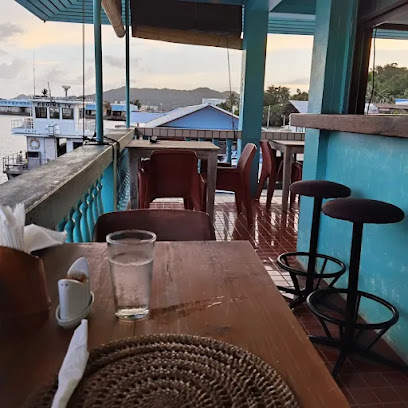
Riptide Beach Bar & Grill
Experience the flavors of Palau at Riptide Beach Bar & Grill, where breathtaking views meet budget-friendly dining in Koror.
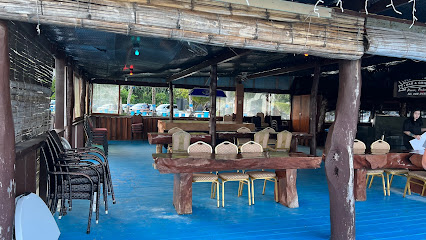
Barracuda Restaurant
Savor the flavors of Palau at Barracuda Restaurant, where local cuisine meets vibrant atmosphere in the heart of Koror.
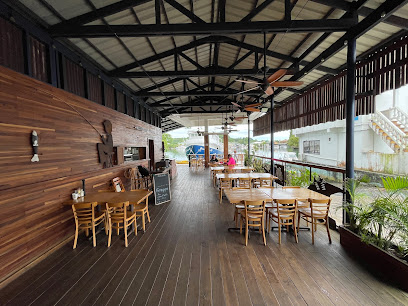
Hungry Marlin Restaurant & Bar at COVE Resort Palau
Experience the flavors of Palau at Hungry Marlin Restaurant & Bar, where ocean views and exquisite cuisine create the perfect dining escape.
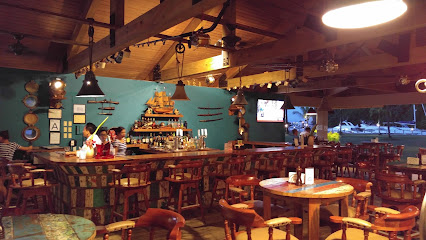
The Salad Bar
Discover fresh, flavorful salads and healthy meals at The Salad Bar in Koror, Palau, perfect for health-conscious travelers.
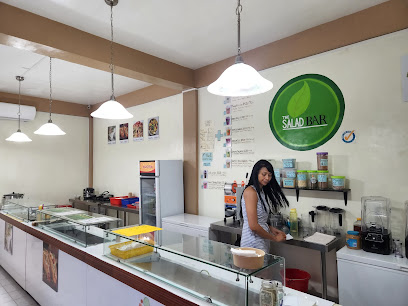
Executive Lounge
Experience the vibrant flavors and breathtaking views at Executive Lounge in Koror, Palau – a dining gem for every traveler.
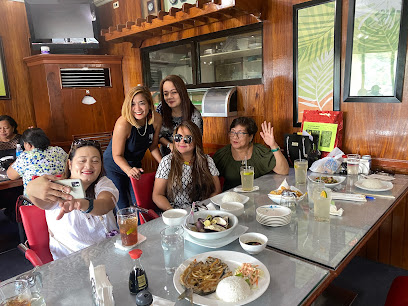
Bottom Time Bar and Grill
Experience the best of Koror's culinary scene at Bottom Time Bar and Grill, where fresh flavors meet stunning ocean views.
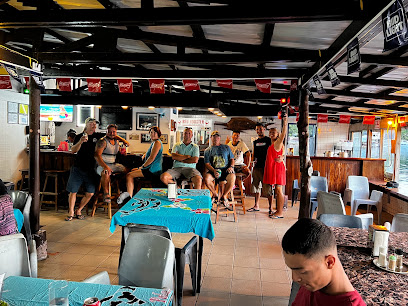
Jungle Bar
Discover Jungle Bar in Koror, where tropical flavors meet vibrant culture in a stunning natural setting perfect for relaxation and enjoyment.
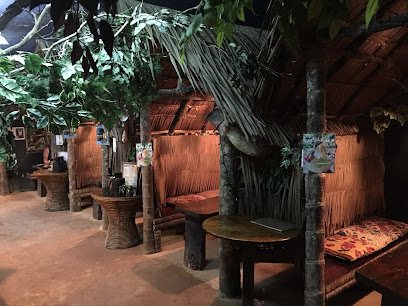
Ocean View Lounge
Experience the perfect blend of relaxation and breathtaking ocean views at Ocean View Lounge in Airai, Palau.
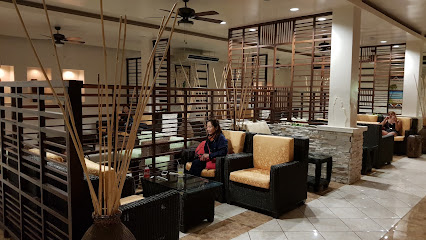
Local Phrases
-
- HelloAlii
[ah-lee] - GoodbyeKmal mesulang
[kum-mal meh-soo-lang] - YesObech
[oh-betch] - NoChad
[chad] - Please/You're welcomeChedam/Ke kmal mesulang
[cheh-dam/keh kum-mal meh-soo-lang] - Thank youSulang
[soo-lang] - Excuse me/SorryChelechang/Ke kmal meral diak
[cheh-leh-chang/keh kum-mal meh-rahl dee-ahk] - How are you?Kmal mekebud
[kum-mal meh-keh-boo-d] - Fine. And you?Meral diak. A rengalek?
[meh-rahl dee-ahk. ah rehng-ah-lek] - Do you speak English?Ng diak el taem a klukuk?
[ng dee-ahk ehl tah-em ah kloo-kook] - I don't understandDiak el kmo ngak
[dee-ahk ehl kmo ngahk]
- HelloAlii
-
- I'd like to see the menu, pleaseNg di mengerar a menu, ng diak el chad
[ng dee mehng-eh-rahr ah meh-noo, ng dee-ahk ehl chad] - I don't eat meatDiak el chad a oureor
[dee-ahk ehl chad ah oh-reh-ohr] - Cheers!Kmal mesulang!
[kum-mal meh-soo-lang] - I would like to pay, pleaseNg di mengerar a rael a dengerenger, ng diak el chad
[ng dee mehng-eh-rahr ah rah-ehl ah dehng-ehng-ehr, ng dee-ahk ehl chad]
- I'd like to see the menu, pleaseNg di mengerar a menu, ng diak el chad
-
- Help!Chais!
[chah-eese] - Go away!Mla mo diak
[mah moh dee-ahk] - Call the Police!Klukuk a rutak
[kloo-kook ah roo-tahk] - Call a doctor!Klukuk a tekingel
[kloo-kook ah teh-king-ehl] - I'm lostDiak el kmo ngak
[dee-ahk ehl kmo ngahk] - I'm illDiak el tekoi
[dee-ahk ehl teh-koy]
- Help!Chais!
-
- I'd like to buy...Ng di mengerar a...
[ng dee mehng-eh-rahr ah] - I'm just lookingNg di merolung
[ng dee meh-roh-loong] - How much is it?Kmal melechub a ungil?
[kum-mal meh-leh-choob ah oong-eel] - That's too expensiveA ungil a di chelit
[ah oong-eel ah dee cheh-leet] - Can you lower the price?Ng kmal melechub a ungil?
[ng kum-mal meh-leh-choob ah oong-eel]
- I'd like to buy...Ng di mengerar a...
-
- What time is it?Kmal mo diak a rengalek?
[kum-mal moh dee-ahk ah rehng-ah-lek] - It's one o'clockA rengalek a tebelung
[ah rehng-ah-lek ah teh-beh-loong] - Half past (10)A rengalek a tekoi a uldemechakl
[ah rehng-ah-lek ah teh-koy ah ool-deh-meh-chah-kel] - MorningNgalek
[ngah-lek] - AfternoonNgerauch
[ngeh-raowch] - EveningNgerdiak
[ngehr-dee-ahk] - YesterdayMelekoi
[meh-leh-koy] - TodayNgalek
[ngah-lek] - TomorrowNgara
[ngah-rah] - 1Tebelung
[teh-beh-loong] - 2Uldemechakl
[ool-deh-meh-chah-kel] - 3Uldemechekngit
[ool-deh-meh-cheh-kngit] - 4Uldemechidub
[ool-deh-meh-chee-doob] - 5Uldemechel
[ool-deh-meh-chel] - 6Uldemecheldecheduch
[ool-deh-meh-chel-deh-cheh-doohch] - 7Uldemecheldecheduchidid
[ool-deh-meh-chel-deh-cheh-dooh-chee-deed] - 8Uldemecheldecheduchidilu
[ool-deh-meh-chel-deh-chee-dooh-chee-loo] - 9Uldemecheldecheduchidilukidid
[ool-deh-meh-chel-deh-chee-dooh-chee-loo-chee-deed] - 10Uldemecheldecheduchidilukidilu
[ool-deh-meh-chel-deh-chee-dooh-chee-loo-chee-loo]
- What time is it?Kmal mo diak a rengalek?
-
- Where's a/the...?Ulang a/the...?
[oo-lahng ah/the] - What's the address?Ulang a ngaraud?
[oo-lahng ah ngah-rowd] - Can you show me (on the map)?Ng kmal melechub a ikemokel?
[ng kum-mal meh-leh-choob ah ee-keh-moh-kel] - When's the next (bus)?Ulang a chesuubel?
[oo-lahng ah cheh-soo-behl] - A ticket (to ....)A tebelung (a ....)
[ah teh-beh-loong ah]
- Where's a/the...?Ulang a/the...?
History of Airai
-
Airai, one of the oldest states in Palau, boasts a rich history dating back to ancient times. The area is known for its traditional Bai structures, which served as meeting houses for village elders. These intricately designed buildings are a testament to the advanced craftsmanship and social organization of Palau's early inhabitants.
-
In the late 19th century, Palau, including Airai, came under Spanish control. This period saw the introduction of Christianity and the Spanish language, significantly impacting local culture and traditions. Despite the colonial presence, Airai managed to preserve much of its indigenous heritage.
-
Following the Spanish-American War, Palau was sold to Germany in 1899. The Germans focused on economic development, particularly in mining and agriculture. During World War I, Japan took control of Palau, including Airai. The Japanese era brought about significant infrastructure development, including roads and schools, reshaping the landscape and daily life of Airai's residents.
-
Airai, like the rest of Palau, was heavily affected by World War II. The island was a strategic military location, leading to significant battles between Japanese and Allied forces. The war left a lasting impact on the region, with remnants of military installations and aircraft still visible today. Post-war, Palau came under American administration as part of the Trust Territory of the Pacific Islands.
-
In 1994, Palau gained full sovereignty, becoming one of the world's youngest nations. Airai played a crucial role in this journey, with its leaders actively participating in the drafting of the Palauan constitution. Today, Airai continues to celebrate its cultural heritage while embracing the opportunities of an independent nation.
-
In recent years, there has been a significant resurgence in traditional practices and cultural pride in Airai. Efforts to restore historical sites, promote traditional crafts, and celebrate local festivals have strengthened community bonds and attracted visitors eager to experience Palauan culture. Airai stands as a vibrant testament to the resilience and enduring spirit of its people.
Airai Essentials
-
Airai is located on Babeldaob Island in Palau. The main entry point to Palau is Roman Tmetuchl International Airport (ROR), which is conveniently located in Airai itself. Direct flights are available from major hubs such as Guam, Manila, Taipei, and Seoul. From the airport, you can easily get to your accommodation via taxi or hotel shuttle services.
-
Airai is relatively small, so many attractions are accessible by foot. For longer distances, taxis are readily available and reasonably priced. Car rentals are also an option for those looking to explore Babeldaob Island at their own pace. Public buses operate between Koror and other parts of the island, including Airai, but services can be infrequent.
-
The official currency of Palau is the United States Dollar (USD). Credit cards are widely accepted in hotels, restaurants, and larger stores. However, it is advisable to carry cash for smaller establishments and local markets. ATMs are available but can sometimes be limited, so plan accordingly.
-
Airai is generally a safe destination for tourists. However, it is wise to take standard precautions such as avoiding poorly lit areas at night and keeping an eye on personal belongings. There are no specific high-crime areas targeting tourists in Airai, but it is always best to remain vigilant and aware of your surroundings.
-
In case of emergency, dial 911 for immediate assistance. Roman Tmetuchl International Airport has basic medical facilities, and more comprehensive healthcare services are available in nearby Koror. It is advisable to have travel insurance that covers medical emergencies. Pharmacies are available for over-the-counter medications.
-
Fashion: Do dress modestly, especially when visiting religious or cultural sites. Avoid overly revealing clothing. Religion: Do respect local customs and religious practices. Remove your shoes before entering homes and religious structures. Public Transport: Do be courteous and respectful to fellow passengers. Don’t eat or drink on public transport. Greetings: Do greet people warmly; a handshake is commonly used. A slight bow or nod is a sign of respect. Eating & Drinking: Do try local dishes and accept food offerings graciously. Don’t refuse hospitality, as it is considered impolite.
-
To experience Airai like a local, visit the local markets where you can buy fresh produce and traditional Palauan crafts. Engage with locals, as they are often friendly and willing to share stories about their culture and history. Don’t miss the Airai Bai, one of the oldest and most important traditional meeting houses in Palau. For a unique experience, explore the natural beauty of the Ngardmau Waterfall or take a kayak tour through the Rock Islands.
Trending Landmark in Airai
-
Belau National Museum
-
Ngardmau Waterfalls
-
Japan-Palau Friendship Bridge
-
Dolphins Pacific
-
Palau Aquarium
-
Badrulchau Stone Monoliths
-
Palau National Capital
-
World War II Japanese Communications Center
-
Airai Bai
-
Palau Visitors Authority
-
Chandelier Cave
-
Ngelil Nature Island Reort
-
Ucheliungs
-
Koror lighthouse
-
Airai State Government
Nearby Cities to Airai
-
Things To Do in Ngchesar
-
Things To Do in Ngatpang
-
Things To Do in Koror
-
Things To Do in Koror Town
-
Things To Do in Ngerulmud
-
Things To Do in Melekeok
-
Things To Do in Ngaremlengui
-
Things To Do in Ngardmau
-
Things To Do in Ngaraard
-
Things To Do in Yap
-
Things To Do in Siargao
-
Things To Do in Davao City
-
Things To Do in Cagayan de Oro
-
Things To Do in Camiguin
-
Things To Do in Bohol




